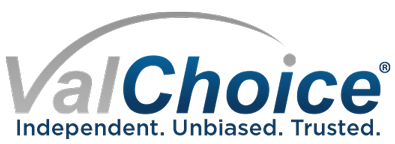Bloomberg reported that Information compiled by data brokers from public records and credit card transactions can show where a person shops, the food they buy, and whether they smoke. Patients and their advocates, meanwhile, say they’re concerned that big data’s expansion into medical care will hurt the doctor-patient relationship and threaten privacy.
Acxiom Corp. (ACXM) and LexisNexis are two of the largest data brokers who collect such information on people. They say their data are supposed to be used only for marketing, not for medical purposes or to be included in medical records.
While both sell to health insurers, they said it’s to help those companies offer better services to members.
What Does Obamacare have to do with my morning Donut?
Traditional underwriting methods by insurers are being replaced as a result of Obamacare. With the incentive Obamacare has put on keeping patients from returning to hospitals, the medical industry is looking for ways to oversee patients, even when not directly in their care.
Anticipating health problems in a specific person necessitates collecting consumer data and profiling people. This is the wave of the future.
While the patients may gain from the strategy, hospitals also have a growing financial stake in knowing more about the people they care for.
Bloomberg reported that under the Patient Protection and Affordable Care Act, known as Obamacare, hospital pay is becoming increasingly linked to quality metrics rather than the traditional fee-for-service model where hospitals were paid based on their numbers of tests or procedures.
As a result, the U.S. has begun levying fines against hospitals that have too many patients readmitted within a month, and rewarding hospitals that do well on a benchmark of clinical outcomes and patient surveys.
Being able to predict which patients are likely to get sick or end up at the emergency room has become particularly valuable for hospitals that also insure their patients, a new phenomenon that’s growing in popularity. UPMC, which offers this option, would be able to save money by keeping patients out of the emergency room.
In Addition to the Donut, What Else do They Know?
One example is a person with asthma that didn’t refill to the inhaler prescription, but did buy cigarettes. This person could be identified as high risk, leading to intervention by a medical service provider or insurer.
While the purchaser of the data, a hospital or health insurer, can share a patient’s risk assessment with their doctor, they typically aren’t allowed to disclose details of the data, such as specific transactions by an individual.
However, if these involuntary monitoring programs work, the companies who benefit financially will renegotiate contracts to get even more specific information. You probably already get a creepy feeling when you log into Google and an advertisement shows up relating to a topic you happened to type into an email yesterday, or do a web search for. Well get ready, this intrusion into your private life is about to go way beyond that.
With government incentives to private companies to mange your behavior, George Orwell’s Big Brother scenario is becoming reality. As I sign off I am going to go have a morning donut and smile at the video cameras around the house.

No comments yet.